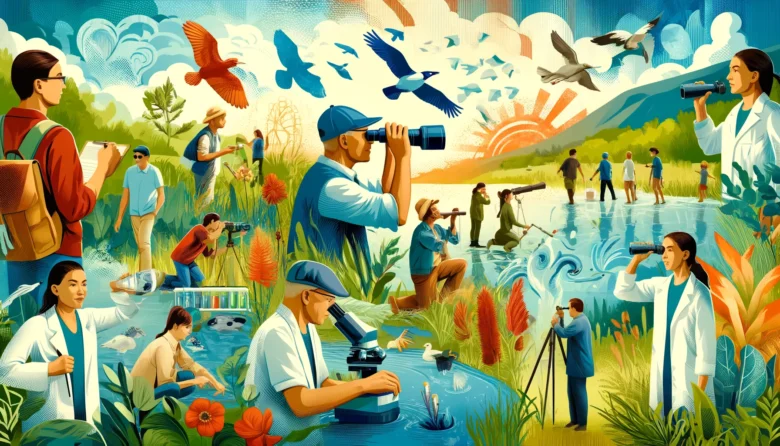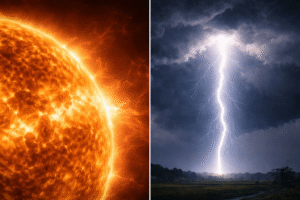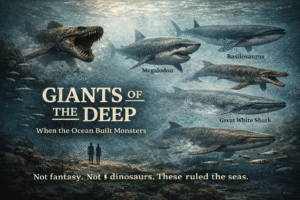Have you ever wondered how you could contribute to scientific research without being a scientist? Enter citizen science! It’s a fantastic way for everyday people to get involved in important research projects, especially those focused on our environment. Whether you’re a nature enthusiast, a tech-savvy individual, or just someone who cares about the planet, there’s a citizen science project for you.
What is Citizen Science?
Citizen science is all about ordinary folks like you and me collaborating with scientists to collect data, analyze information, and help solve real-world problems. This concept isn’t new; people have been participating in scientific observations and data collection for centuries. Early examples include bird-watching records and weather observations. Today, thanks to technology, it’s easier than ever to join these efforts and make a difference.
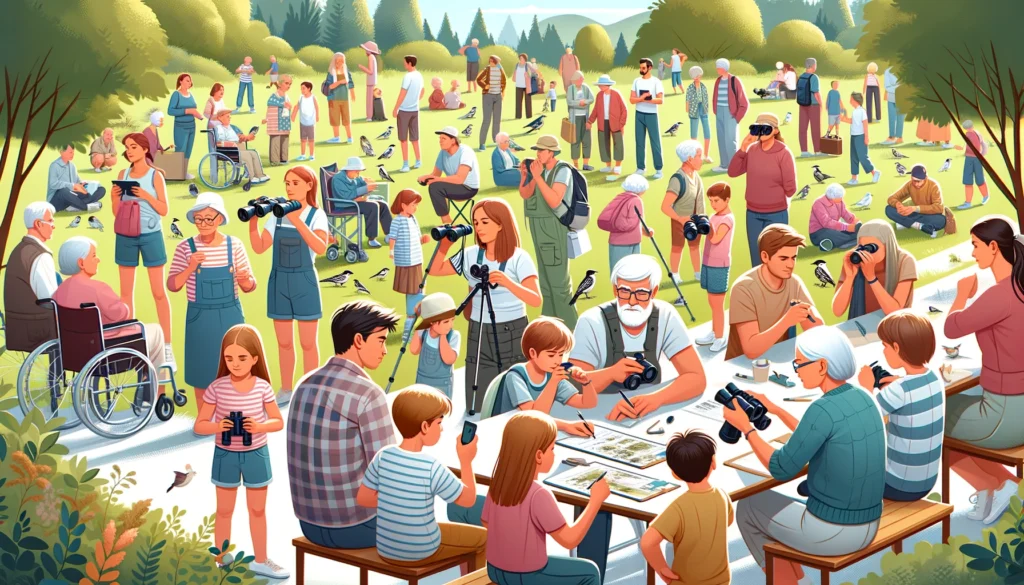
The Role of Citizen Science in Environmental Research
Environmental issues are vast and complex, but citizen science projects are making significant strides in addressing them. Take eBird, for example. It’s a project where bird watchers from around the globe report their sightings, helping scientists track bird populations and migration patterns. Then there’s iNaturalist, where anyone can upload photos of plants and animals they encounter, contributing to a global biodiversity map. Zooniverse offers a variety of projects where volunteers can help analyze data on everything from climate change to wildlife conservation. These projects show how collective efforts can lead to substantial scientific breakthroughs.
Benefits of Citizen Science
Why should you get involved in citizen science? For starters, it allows scientists to gather much more data than they could alone. This large-scale data collection is crucial for understanding environmental trends and changes. Plus, participating in these projects is a great way to learn about nature and science, boost your skills, and become more aware of environmental issues. It also empowers communities to take charge of their local environment, leading to real change right where you live.
How to Get Involved in Citizen Science
Getting started with citizen science is easier than you might think. Platforms like SciStarter and CitizenScience.gov list numerous projects you can join, based on your interests and location. Whether you want to count birds, monitor air quality, or track climate change, there’s something for everyone. Simply choose a project, follow the steps to contribute, and start making a difference. And don’t worry, you don’t need any special skills or equipment—just a willingness to learn and participate.
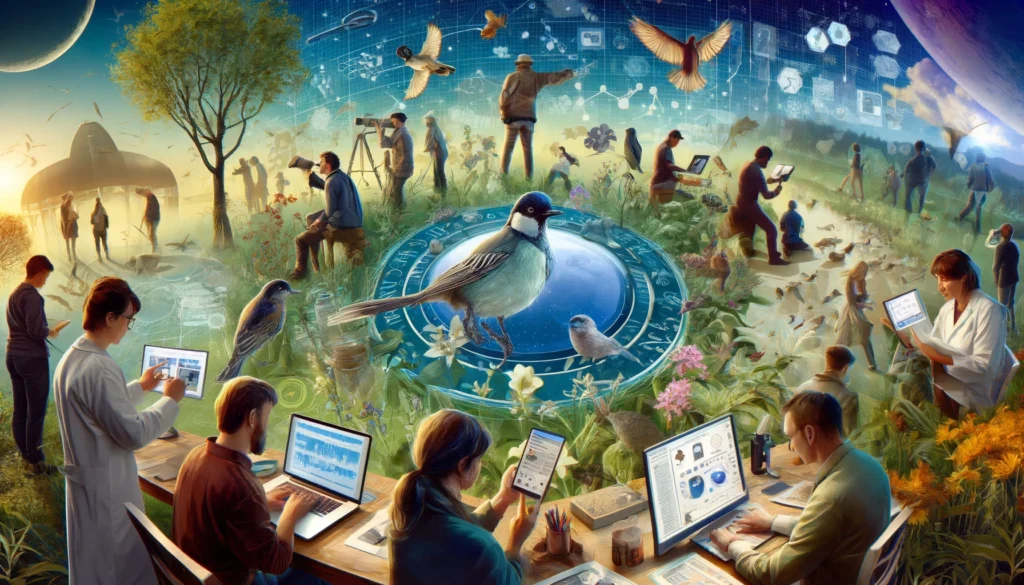
Challenges and Limitations of Citizen Science
Of course, like anything, citizen science has its challenges. Ensuring the data collected is accurate and reliable can be tricky. Projects also need to be inclusive, allowing people from all backgrounds to participate. Balancing the contributions of professional scientists and amateur volunteers is another hurdle, as is addressing any ethical concerns related to the projects. However, with careful planning and collaboration, these challenges can be overcome.
The Future of Citizen Science
Looking ahead, the future of citizen science is bright. Advances in technology, like mobile apps and AI, are making it easier for people to contribute to scientific research. We’re also seeing more integration between citizen science and formal scientific studies, leading to even more significant discoveries. The potential for growth is enormous, and as more people get involved, the impact on environmental research will only increase.
Conclusion
Citizen science is a powerful tool that connects people with science and the environment. It’s about making research accessible and showing that everyone can contribute to scientific discovery. So why not join a project today? Your efforts, no matter how small, can help protect our planet and shape the future of environmental research.
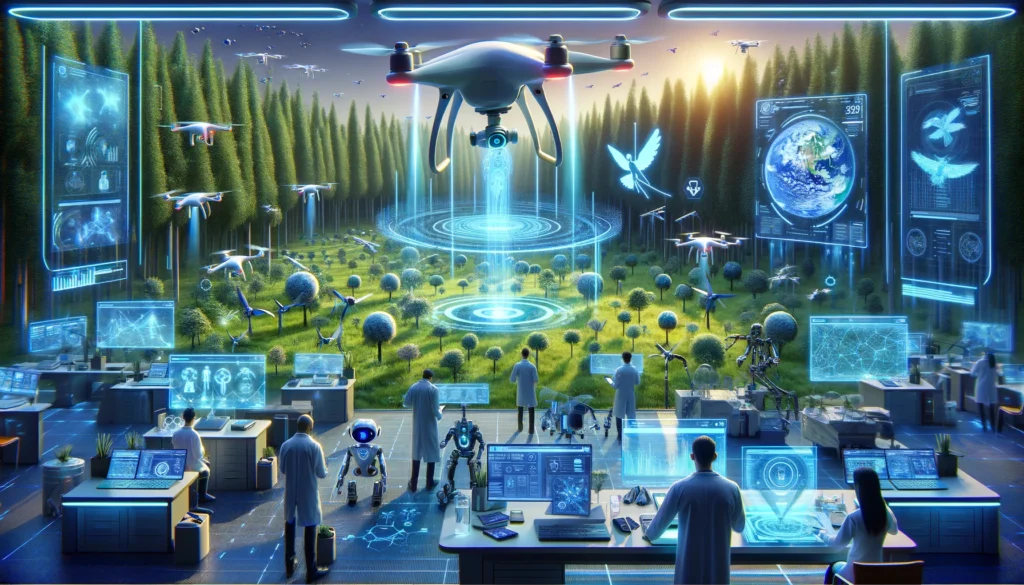
Author’s Note
I’m passionate about making science accessible to everyone. Writing this blog has been an eye-opener into the amazing world of citizen science. I hope it inspires you to get involved and make a difference!
G.C., Ecosociosphere contributor.
References and Further Reading

